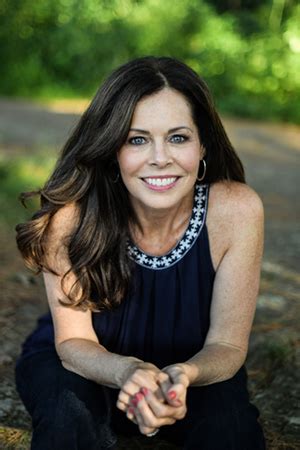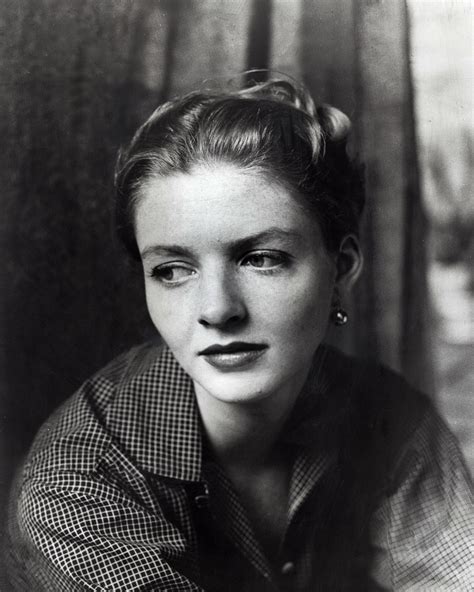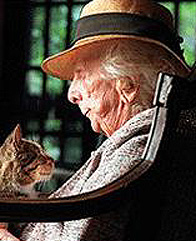A Quote by Ralph Waldo Emerson
The whole value of history, of biography, is to increase my self-trust, by demonstrating what man can be and do.
Quote Topics
Related Quotes
Biography always has fulfiled this role. Robinson Crusoe is a biography, as is Tom Jones. You can go through the whole range of the novel, and you will find it is biography. The only difference between one example and the other is that sometimes it's a partial biography and sometimes it's a total biography. Clarissa, for example, is a partial biography of Clarissa and a partial biography of Lovelace. In other words, it doesn't follow Lovelace from when he is in the cradle, though it takes him to the grave.
When you read a history or biography you are entitled to imagine that it is as accurate as the authors can make it. That research has gone into it and we say "This is a history of the civil war, this is a biography of Lincoln" whatever. But you don't make any such supposition when you say "This is a historical novel."
History is for human self-knowledge. Knowing yourself means knowing, first, what it is to be a person; secondly, knowing what it is to be the kind of person you are; and thirdly, knowing what it is to be the person you are and nobody else is. Knowing yourself means knowing what you can do; and since nobody knows what they can do until they try, the only clue to what man can do is what man has done. The value of history, then, is that it teaches us what man has done and thus what man is.
I'm still a researcher. The best way to explain it is that I trusted myself deeply as a professional, but I did not have a lot of self-trust personally. When I started learning all of these things about the value and the importance of belonging, vulnerability, connection, self-kindness and self-compassion, I trusted what I was learning - again, I know I'm a good researcher. When those things and wholeheartedness started to emerge with all these different properties, I knew I had to listen. I'd heard these messages before personally but I didn't trust myself there.
I believe no matter how much you research a person's life. No matter how long you spend, the person always remains a mystery. I go by this quote that Mark Twain said about the definition of a biography: a biography is the clothes and buttons of a man or a woman but the real story is in the person's head and that you can never know. I don't think it's possible to get the whole picture, ever.
The history of the American Negro is the history of this strife, - this longing to attain self-conscious manhood, to merge his double self into a better and truer self. In this merging he wishes neither of the older selves to be lost... He simply wishes to make it possible for a man to be both a Negro and an American.
Putting a man in space is a stunt: the man can do no more than an instrument, in fact can do less. There are far more serious things to do than indulge in stunts. . . . I do not discard completely the value of demonstrating to the world our skills. Nor do I undervalue the effect on morale of the spectacular. But the present hullabaloo on the propaganda aspects of the program leaves me entirely cool.









































